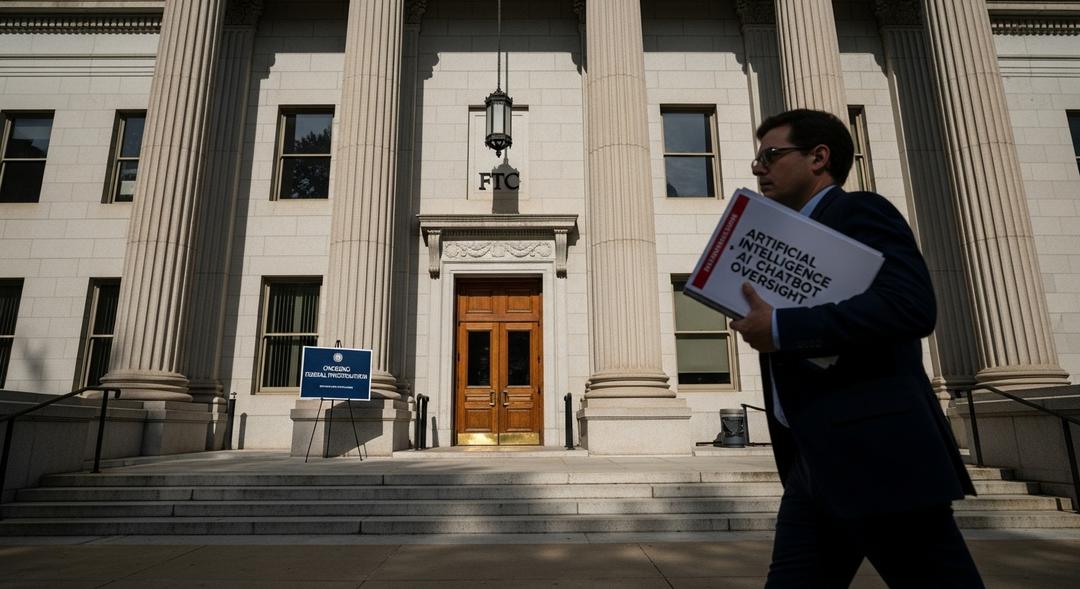Warner Bros Discovery has taken its battle to federal court in Los Angeles, accusing Midjourney of systematically exploiting beloved movie and television characters. Their lawsuit claims that Midjourney’s subscription service relies on unlawfully copied material to generate strikingly accurate images and videos of icons like Superman, Batman, Wonder Woman, and Scooby Doo, all at the whim of user prompts.
WBD’s legal team argues that the service does much more than train its model with copyrighted characters. They say it actively displays, distributes, and markets new visuals from Warner’s universe, without ever seeking approval.
The text spells it out directly, accusing Midjourney of acting as if it “is above the law” and accusing the company of “brazenly dispensing Warner Bros Discovery’s intellectual property as if it were its own.”
A spokesperson for Warner Bros Discovery explained, “The heart of what we do is develop stories and characters to entertain our audiences, bringing to life the vision and passion of our creative partners. Midjourney is blatantly and purposefully infringing copyrighted works, and we filed this suit to protect our content, our partners, and our investments.”
No statement has come from Midjourney in response to this new suit. Previously, the company defended its methods, stating its image creation platform responds solely to user instructions and that generating new images is “an elaborate and time consuming process of experimentation, iteration, and discovery.”
Showdown Over Creative Ownership
Midjourney has claimed before that its work is protected under fair use, especially when it comes to the training of artificial intelligence models. The company also argued the studios should simply have used a removal request under the Digital Millennium Copyright Act, which can grant platforms a form of liability protection if they act quickly on infringement notices.
Warner Bros Discovery, like Disney and NBCUniversal, holds that what is happening goes far beyond what the law allows. Their lawyers assert that using signature characters to promote Midjourney’s platform, and even the launch of a Midjourney digital streaming channel, is a direct challenge to their ownership.
Disney echoed these frustrations, saying publicly, “Disney is committed to protecting our creators and innovators, and we’re pleased to be joined by Warner Bros Discovery in the fight against Midjourney’s blatant copyright infringement.”
Behind the lawsuits, a much larger debate is playing out across the industry and in Congress. A bill proposed by Senators Josh Hawley and Richard Blumenthal seeks to force artificial intelligence developers to get explicit permission before using protected material in training.
Though Washington has struggled to pass new laws and the last administration resisted regulation in this space, the tension is rising. At bottom, the outcome of these cases could help determine whether artists and studios retain power over the characters and stories that have defined popular culture for generations.







